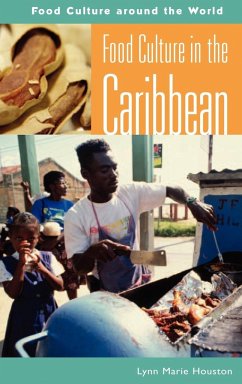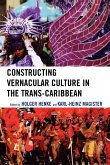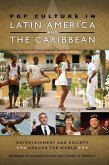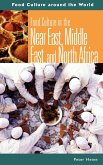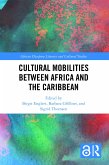Food in the Caribbean reflects both the best and worst of the Caribbean's history. On the positive side, Caribbean culture has been compared with a popular stew there called callaloo. The stew analogy comes from the many different ethic groups peacefully maintaining their traditions and customs while blending together, creating a distinct new flavor. On the negative side, many foods and cooking techniques derive from a history of violent European conquest, the importation of slaves from Africa, and the indentured servitude of immigrants in the plantation system. Within this context, students and other readers will understand the diverse island societies and ethnicities through their food cultures. Some highlights include the discussion of the Caribbean concept of making do-using whatever is on hand or can be found-the unique fruits and starches, the one-pot meal, the technique of jerking meat, and the preference for cooking outdoors. The Caribbean is known as the cradle of the Americas. The Columbian food exchange, which brought products from the Caribbean and the Americas to the rest of the world, transformed global food culture. Caribbean food culture has wider resonance to North, Central, and South America as well. The parallels in the food-related evolution in the Americas include the early indigenous foods and agriculture; the import and export of foods; the imported food culture of colonizers, settlers, and immigrants; the intricacies of defining an independent national food culture; the loss of the traditional agricultural system; the trade issues sparked by globalization; and the health crises prompted by the growing fast-food industry. This thorough overview of island food culture is an essential component in understanding the Caribbean past and present.
Hinweis: Dieser Artikel kann nur an eine deutsche Lieferadresse ausgeliefert werden.
Hinweis: Dieser Artikel kann nur an eine deutsche Lieferadresse ausgeliefert werden.

